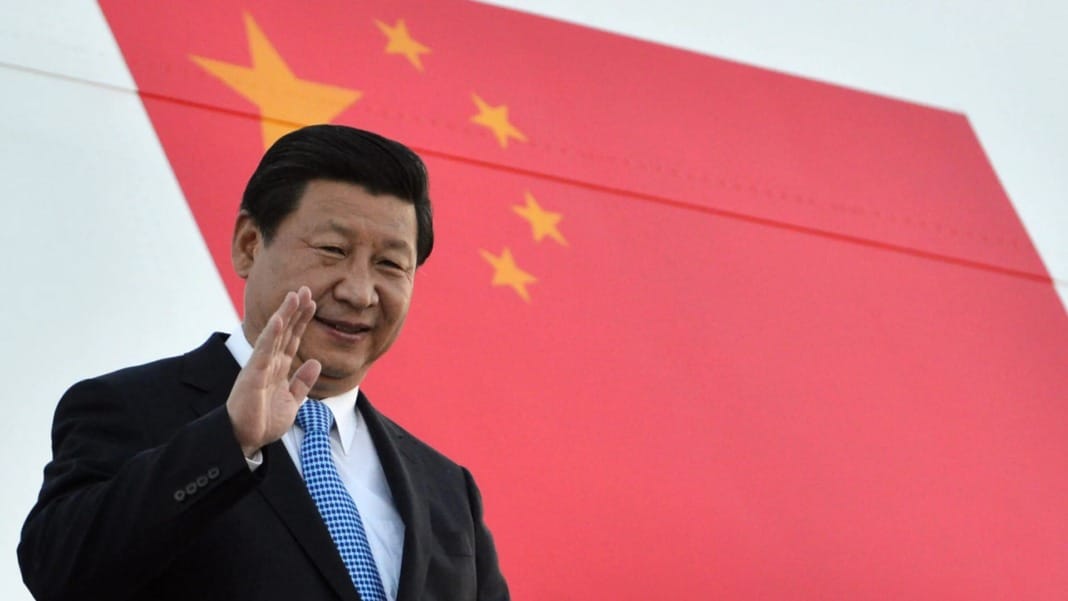In response to the latest tariffs imposed by U.S. President Donald Trump, China has announced an antitrust investigation into Google. The move comes after Trump implemented a 10% tariff on Chinese goods, reigniting trade tensions between the two economic superpowers.
On Tuesday, China’s State Administration for Market Regulation (SAMR) confirmed that it is examining the U.S. tech giant for potential monopolistic practices. While Google’s search and internet services have been blocked in China since 2010, the company continues to operate within the country, primarily focusing on advertising.
According to an official statement from the regulatory body, “Because Google is suspected of violating the Anti-Monopoly Law of the People’s Republic of China, the State Administration for Market Regulation has launched an investigation into Google in accordance with the law.”
Beijing imposes new tariffs and restrictions
In addition to the investigation, China has taken further retaliatory measures against the United States. Beijing has imposed a 15% tariff on U.S. coal and liquefied natural gas exports and implemented a 10% tariff on oil and agricultural equipment.
Furthermore, Chinese authorities have added Calvin Klein owner PVH Corp. and gene sequencing firm Illumina to their restricted entities list. This move places additional constraints on U.S. companies operating in China. Beijing has also introduced new export controls on tungsten-related materials, a critical resource for various industries, including electronics and defence.
Trade tensions reignite between economic giants
Trump justified the latest tariffs by citing China’s failure to prevent the flow of illegal drugs into the United States. However, the move has led to an immediate backlash from Beijing, worsening relations as both nations appeared to be moving towards economic stability.
The ongoing trade dispute between the U.S. and China has seen multiple rounds of tariffs, countermeasures, and negotiations, with each side seeking leverage. The latest developments signal that tensions are far from over, with potential ramifications for global trade and economic stability.





